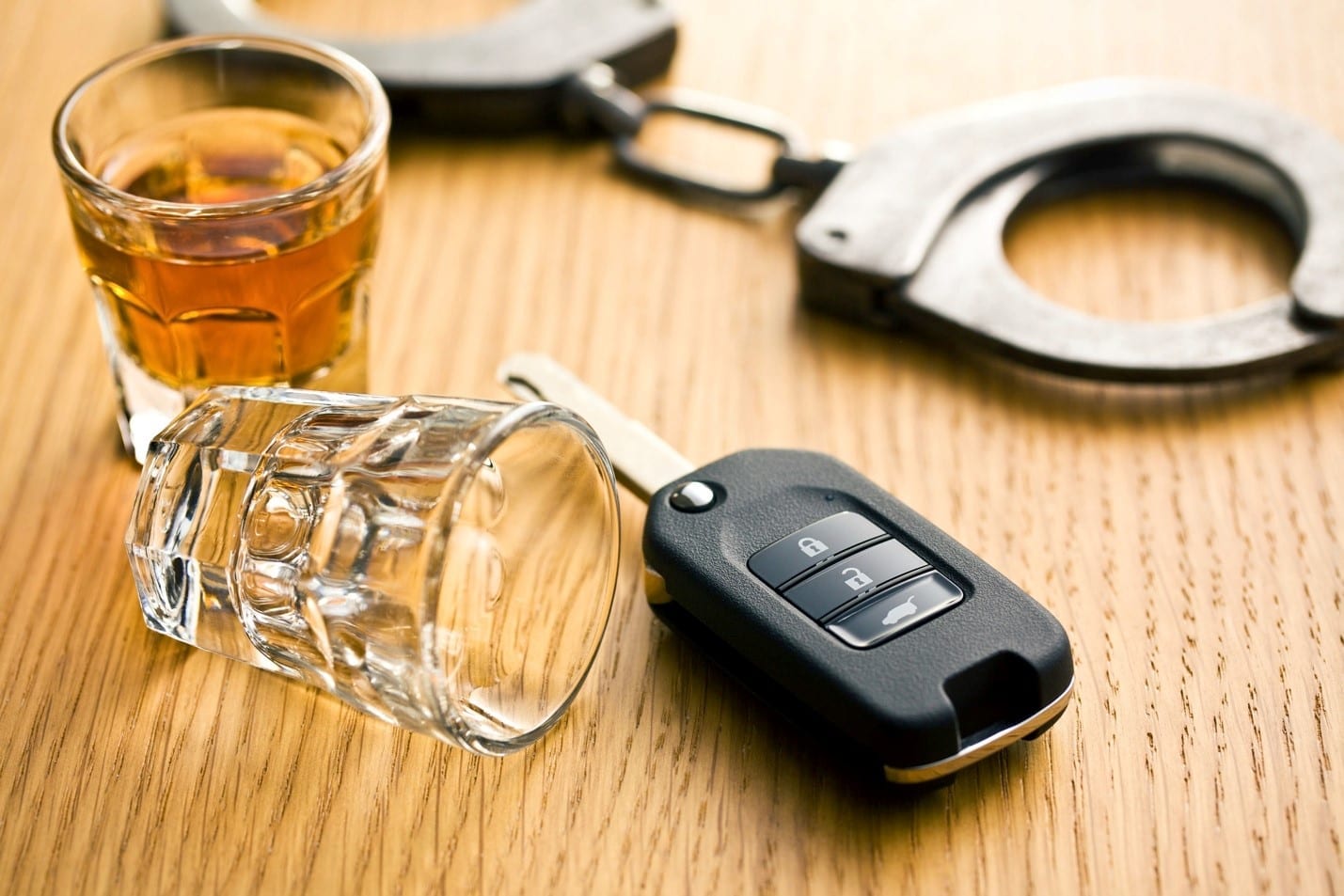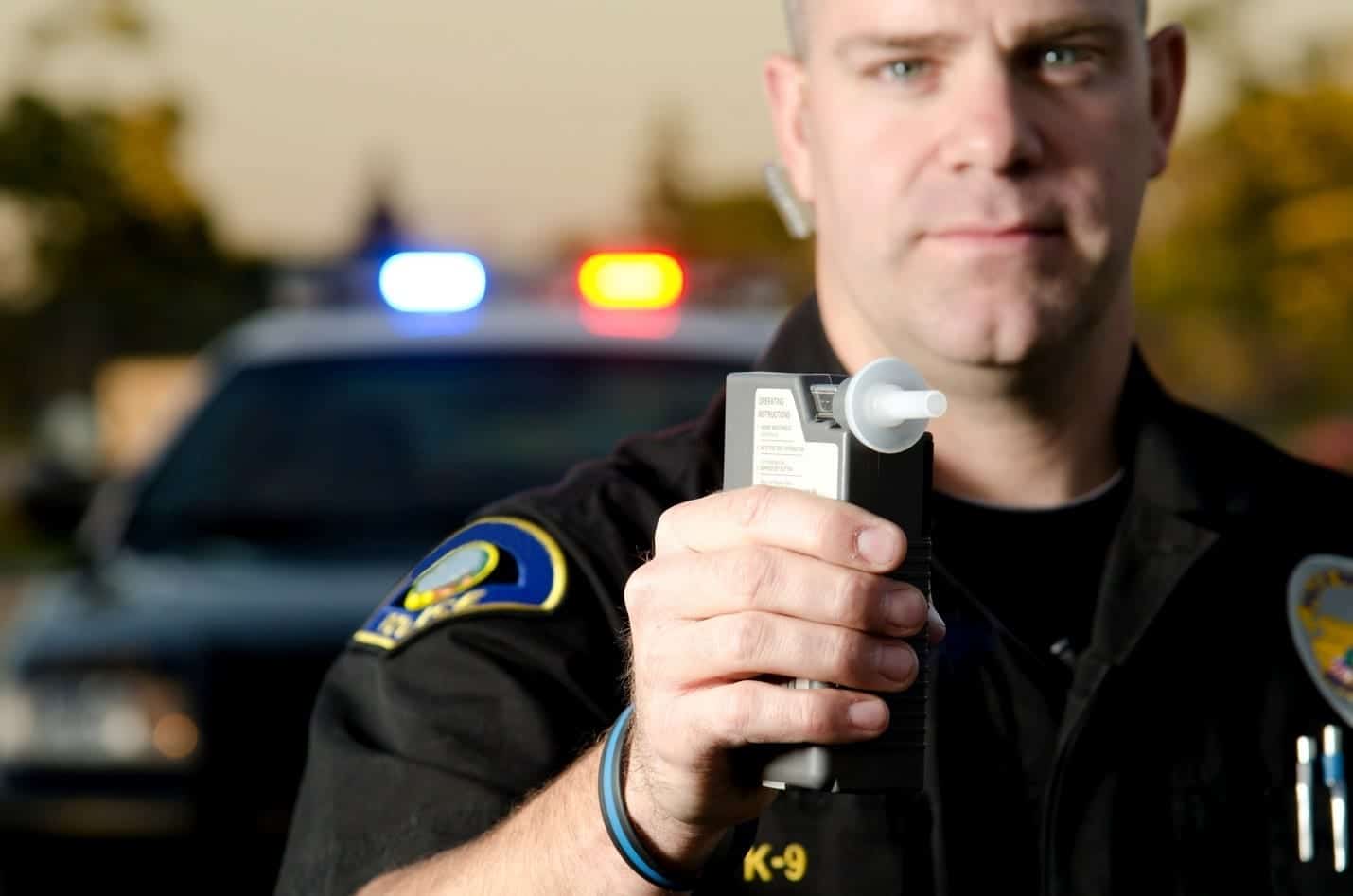What Happens If I Get a DUI in Illinois?
Everyone has heard the statistics on drunk driving. Every two minutes, someone is injured in a drunk driving accident. Each day, 28 people die from drunk driving accidents in the United States.
Despite these statistics, over a million drivers are arrested each year for driving under the influence. Along with jail time and getting your license suspended, you will also be on the hook for fines and fees that total, on average, about $800, which could easily be higher depending on your particular circumstances.
Knowing the law when it comes to getting a DUI in Illinois is the first step in beating your charges. So let’s take a look.
What Is the Legal Limit for Alcohol In Illinois?
In order to determine if you are intoxicated, Illinois law enforcement officers will look at your blood alcohol content, or BAC.
In Illinois, you can be arrested for a DUI if:
- You are 21 or older and have a BAC of 0.08%
- You are a commercial driver and have a BAC of 0.04%
- You are under 21 and you have a BAC of 0.00% (Illinois has a zero tolerance policy regarding driving under the influence of alcohol for anyone under 21)
You can also be arrested even if you aren’t driving. As long as you have physical control of your vehicle while intoxicated, you can be arrested.
Unfortunately, there is not a set number of drinks to determine whether you are over or under the legal alcohol limit. That number is different for everyone and is based on a number of factors that include what you are drinking, the length of time you have been drinking, your gender, your age, your weight, and your genetics. There are BAC calculators that can estimate your BAC, but you should never rely on that information to determine whether it’s safe to drive.
What Are the Penalties for a DUI?
The laws in Illinois regarding drinking and driving are strict and carry harsh penalties for first-time and repeat offenders. A DUI conviction can affect both your freedom and your future.
First Offense
If you are convicted of a DUI as a first-time offender, you can face:
- A minimum driver’s license suspension of one year
- Fines up to $2,500
- Imprisonment for up to one year
- If you had a minor under 16 years old in the vehicle, you can face an additional $1,000 fine and 25 days of community service
Second Offense
If you are convicted of a DUI for a second time, you can face:
- A minimum driver’s license suspension of 5 years
- A mandatory 5 days in jail or 240 days of community service
- Fines up to $2,500
- Imprisonment for up to one year
- If you had a minor under 16 years old in the vehicle, you can face an additional $25,000 fine and 1 to 3 years in jail
Third Offense
If you are convicted of a DUI for the third time, you can face:
- A minimum driver’s license suspension of 10 years
- Fines up to $2,500
- Imprisonment for up to 7 years
- If you had a minor under 16 years old in the vehicle, you will be guilty of a Class 4 felony and you can face an additional mandatory $25,000 fine, 25 days of community service, and 1 to 3 years in jail
What If I Refuse to Take a Chemical Test?
When it comes to drinking and driving, Illinois has an implied consent law. Under this law, you are required to take a blood, breath, or urine test if you have been arrested for a DUI. If a police officer has probable cause to believe that you have been drinking and driving, he can arrest you require you to submit to a chemical test to determine your BAC.
The test must be given as soon as possible, and you are not allowed to speak to a lawyer before taking it. The arresting officer can decide which test you will take, and once that test is complete you can choose to have additional tests done by a your own medical professional.
If you refuse to take a chemical test, you will be subject to a fine and your license will be automatically suspended. If it’s your first offense, your license will be suspended for one year. If it’s your second or third offense, your license will be suspended for three years – just for refusing to take the chemical test.
So as you can see, Illinois takes drinking and driving very seriously. If you have been arrested for a DUI, contact an experienced Chicago DUI lawyer today to fight your DUI charges and get your life back on track.
About the Author:
Andrew M. Weisberg is a former felony prosecutor who now serves as a defense attorney in the greater Chicago area. He has extensive experience in handling all types of criminal cases, from sex offenses and domestic violence to retail theft-related crimes, Murder, and drug crimes.







 Blog Home
Blog Home 












